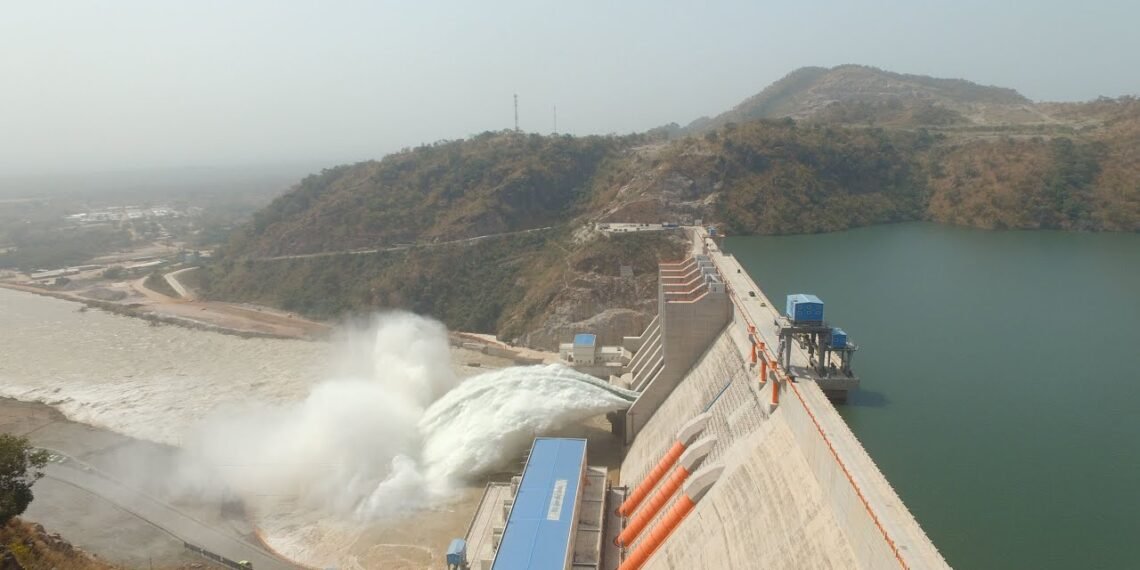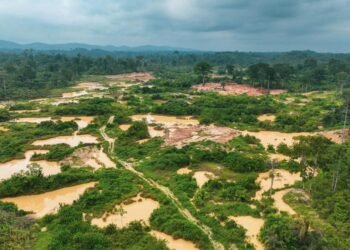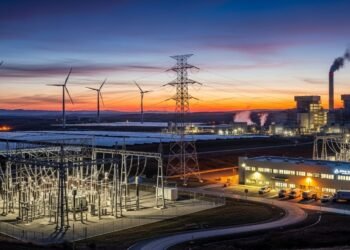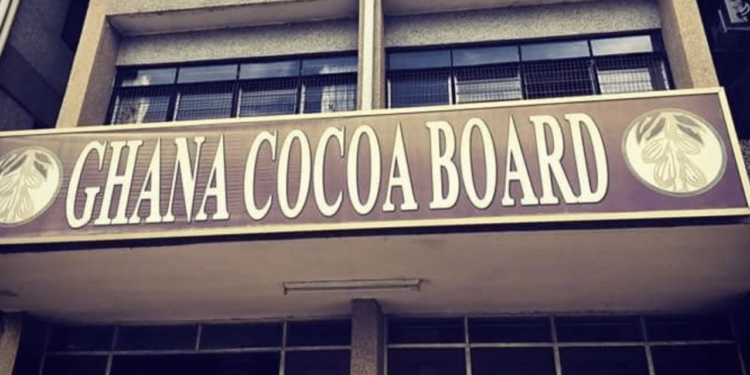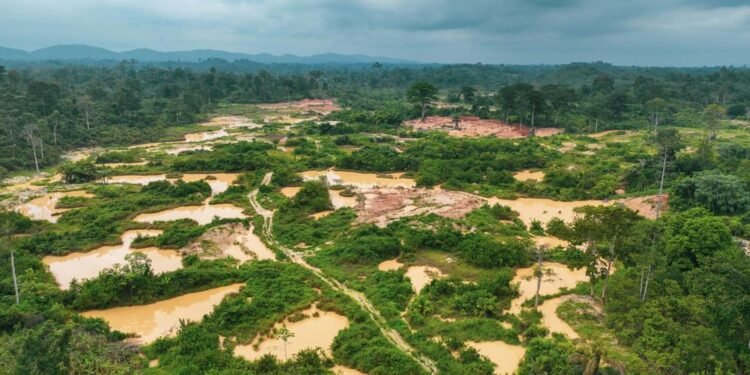The State Interests and Governance Authority (SIGA) has instructed the Bui Power Authority (BPA) to begin paying dividends to the Government of Ghana starting with the 2025 financial year, a move aimed at deepening the contribution of state-owned enterprises (SOEs) to national revenue.
The directive comes after BPA reported $139.7 million in total revenue for 2024, slightly above its target of $139.5 million, but down 11.1 percent from 2023 due to reduced inflows into its hydroelectric reservoir.
Despite the fall in revenue, stronger cost control measures helped BPA achieve a net profit of $64.5 million, nearly double its projected target of $33.6 million.
Speaking at BPA’s 2024 annual general meeting, General Manager of Operations at SIGA, Millicent Atuguba, commended the authority for its financial discipline but stressed that profitability must now translate into direct returns for the state.
“Commercial entities like BPA must no longer be perceived as a burden but rather a vital economic asset that drives Ghana’s socio-economic development, especially in the era of a reset agenda.
“Our expectations of BPA are straightforward: to be efficient, profitable, and to pay dividends to the Government of Ghana.
Millicent Atuguba, General Manager of Operations at SIGA

The call for BPA to begin dividend payments is part of SIGA’s broader push to transform Ghana’s state-owned enterprises into consistent contributors to the public purse.
SOEs have historically faced criticism for inefficiency, financial mismanagement, and in some cases, reliance on government bailouts.
Bui Power Authority’s improved bottom line in 2024, achieved despite hydrological challenges, is seen as a turning point. The Authority is now under pressure to convert financial gains into fiscal support for the state.
“By the close of the 2025 financial year, we look forward to BPA demonstrating its commitment by paying a dividend for the first time.
“This will mark the beginning of a reset where SOEs take their rightful place and significantly contribute to non-tax revenue and national economic growth.”
Millicent Atuguba, General Manager of Operations at SIGA
Bui Power Authority’s Expanding Mandate

The Bui Power Authority Act, 2007 (Act 740) established BPA to develop a hydroelectric project on the Black Volta River and related facilities.
Over time, its mandate has expanded. The Bui Power Authority Amendment Act, 2020 (Act 1046) empowered BPA not only to oversee hydropower but also to champion renewable and clean energy projects across Ghana.
This expanded role reflects Ghana’s broader ambition of diversifying its energy mix and aligning with global trends toward sustainability and decarbonisation.
Already, BPA has invested in solar hybrid projects and is exploring more renewable initiatives to complement its core hydro operations.
Economic and Social Implications

The push for dividend payments also carries social implications. For years, Ghanaians have debated whether SOEs adequately serve the national interest.
Many state companies have generated revenues but failed to contribute meaningfully to national development due to inefficiencies or reinvestment needs.
If BPA succeeds in paying dividends in 2025, it would set a precedent for other SOEs to follow, reinforcing SIGA’s reform agenda.
Moreover, such payments would supplement government spending in critical sectors, reducing the state’s reliance on borrowing and taxation.
While BPA has shown resilience in 2024, challenges remain. The authority’s reliance on hydrological inflows leaves it vulnerable to climate variability, which can affect power generation.
However, with its broadened mandate into renewable energy and its improving operational efficiency, BPA is well-positioned to deliver consistent financial results.
“BPA’s journey must go beyond meeting revenue targets.
“The true measure of its success will be in how it delivers value back to the state and, ultimately, to the Ghanaian people.”
Millicent Atuguba, General Manager of Operations at SIGA
For SIGA, the next milestone is clear: dividends must be paid. Whether BPA meets this target in 2025 will serve as a test case for Ghana’s larger ambition of transforming SOEs into profitable engines of growth.
READ ALSO: A Smart Move to Save the Cedi – Women in Forex Ghana Prez Hails BoG Directive

